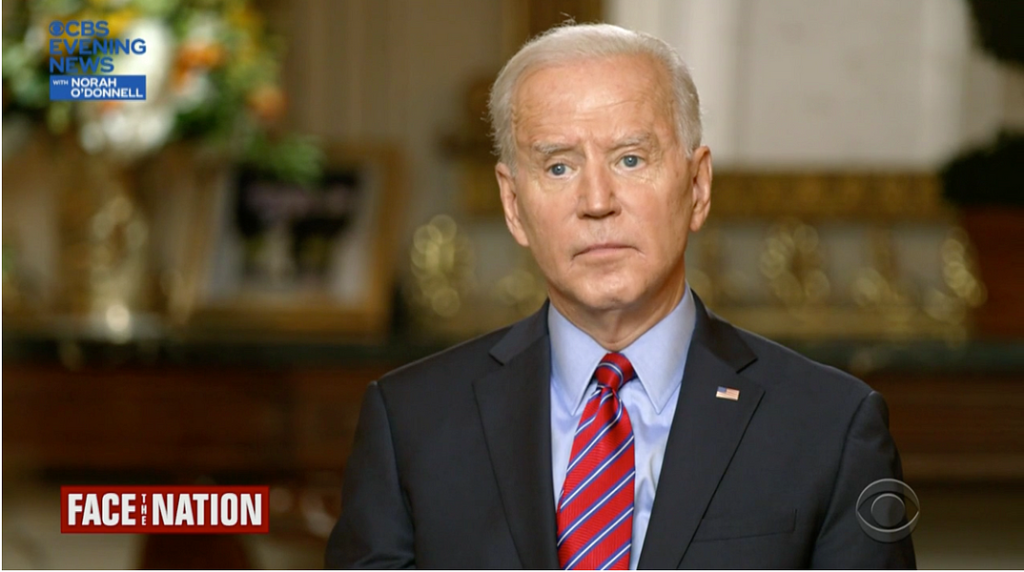In a recently released clip from his pre-Super Bowl CBS interview, President Joe Biden acknowledged that a $15 minimum wage wouldn’t be included in the $1.9 trillion coronavirus relief package, but he announced his willingness to gradually increase the minimum wage to $15 an hour in a separate effort, claiming that “all the economics show that if you do that the whole economy rises.”
The current federal minimum wage is $7.25, and while there is widespread support for raising the minimum wage among left-leaning economists and think tanks, such support isn’t as universal as Biden suggests. In 2019, for example, the conservative think tank the Economic Policies Institute published a survey of economists on their support for a $15 minimum wage. EPI performed similar surveys in the past and found similar results—including in 2015, when the survey was performed by the University of New Hampshire Survey Center.
Critics of a higher minimum wage cite a number of reasons for their opposition: the effect on youth employment levels, the likelihood that it will increase the costs of products and services, and the chance that it will decrease the number of jobs available. Such concerns align with the data and projections published by the nonpartisan Congressional Budget Office in July 2019. The CBO estimated that while a $15 minimum wage would increase the wages of 17 million workers and reduce the number of people living below the poverty line, it would also eliminate 1.3 million jobs. The CBO’s projections also indicated a $15 minimum wage would reduce business income while causing prices to increase, concluding that “the $15 option would reduce total real (inflation-adjusted) family income in 2025 by $9 billion, or 0.1 percent.”
Given the opposition to a $15 minimum wage among economists and the projections put out by prominent organizations like the CBO, Biden is wrong to claim that “all the economics” indicate raising the minimum wage to $15 would have an overall positive effect on the economy.
If you have a claim you would like to see us fact check, please send us an email at factcheck@thedispatch.com. If you would like to suggest a correction to this piece or any other Dispatch article, please email corrections@thedispatch.com.







Please note that we at The Dispatch hold ourselves, our work, and our commenters to a higher standard than other places on the internet. We welcome comments that foster genuine debate or discussion—including comments critical of us or our work—but responses that include ad hominem attacks on fellow Dispatch members or are intended to stoke fear and anger may be moderated.
You are currently using a limited time guest pass and do not have access to commenting. Consider subscribing to join the conversation.
With your membership, you only have the ability to comment on The Morning Dispatch articles. Consider upgrading to join the conversation everywhere.